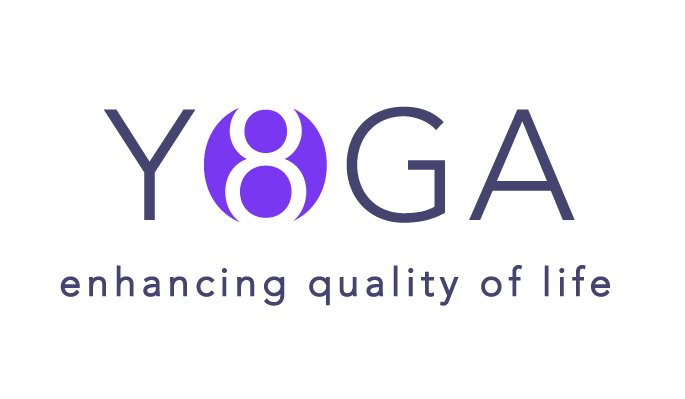Sad to say, trauma touches many lives in our community. An estimated 80% of people these days are dealing with trauma in some form or another. Accidents. Abuse. War. Death.
No matter its source, trauma takes a heavy toll. Because it doesn’t just affect your mind. It affects your body, too. In the words of Bessel Van der Kolk, a leading expert on how trauma affects the brain and body, trauma can cause “issues with your tissues.”
After a traumatic event, you might experience a host of physical issues: tight muscles, nervous tics, migraines, a sunken chest, or a heavy heart. You might also start to lose sleep. Become anxious and uncomfortable in your own skin. Overreact to triggers in the world around you, like loud noises or being in crowds. And over time, this emotional and physical stress can cause deeper issues like heart disease, diabetes, panic attacks, and more.
“The single most important thing traumatized people can do is to find a sense of safety in their own bodies.” —Bessel Van der Kolk
Enter trauma-sensitive yoga. It’s a way to help students regain their sense of control and ownership over their own body and their own experience. In this practice, we use yoga postures as a tool to:
Notice what we feel in our bodies
Work toward a mind-body connection
Learn breathing techniques to calm our minds
Practice being in the present
Practice making choices about what to do with our bodies
Come join our next session. Our trauma-sensitive yoga classes are free to the community. If you or someone you know is undergoing therapy for a traumatic experience, you’re welcome to join us. Find out more on our workshops page. Or sign up on the schedule.

